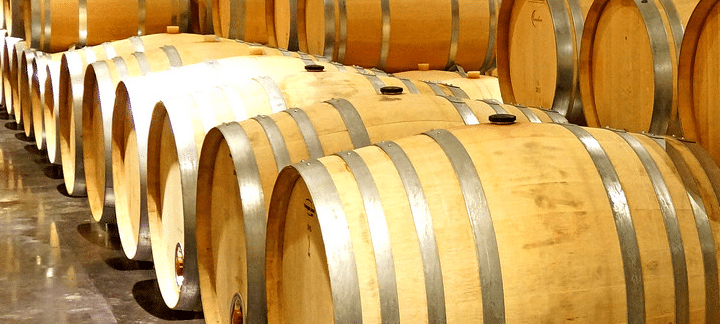

So far, in this multi-part article, we have seen that there is place for suppliers of wine coming from developing countries to make it on the Danish market by addressing the bulk wine trade and the organic wine segment. Now we shall further analyze other segments that promise to be successful.
In spite of its small share in the market, the sparkling wine segment has been a successful one lately. The Center for the Promotion of Imports coming from developing countries quotes data according to which over the last years “sparkling wine accounted for 2.7 of the total wine imports”. Sales in this area have been increasing. However, it seems that these numbers are not going to disappoint suppliers and remain on the rise, since this is a trend that has been noticed not only in Denmark, but all throughout Europe. It is good news for suppliers of wine coming from developing countries. Consumers in Denmark are less concerned with the origin of the sparkling wines, unlike those of still wine, where origin counts a lot. There are good opportunities therefore for exporters coming from the New World, with a lower profile on the market, to capture this segment.
Another opportunity to be seized has to do with the retailers’ diversification of private labels. It is a trend that has been noticed in the United Kingdom and chances are it will take over the Danish wine market as well in the years to come. As CBI experts point out, “retailers mostly position these private label wines”. We are dealing here with cheap, lower quality bulk wines. The same CBI experts’ foresee that “retailers will also develop premium private label wines”, as well as “private labels which do not carry the name of the retailer on the front label”. The name of the retailer will only be seen on the back of the bottle.
In the future, retailers are expected to further strengthen their position by controlling the wines’ branding. Thus they can switch suppliers if necessary and the consumers will never know. The only condition is for the flavor profile of the blend to remain the same. Branding adds value to the product. However, this segment is available only for large suppliers of wine. The CBI experts’ advice is any investor to “mix private labels supplies with branded wine supplies to remain an interesting partner for retailers”.
Image courtesy of Dennis Jarvis – Some rights reserved
© www.bestwineimporters.com 2015





